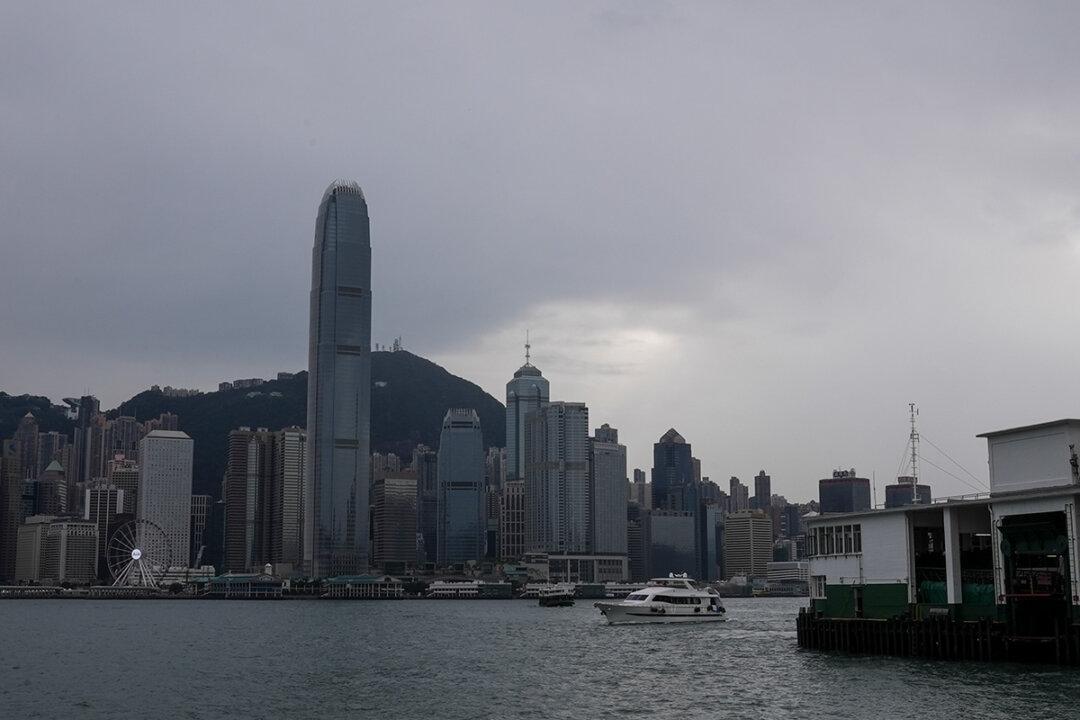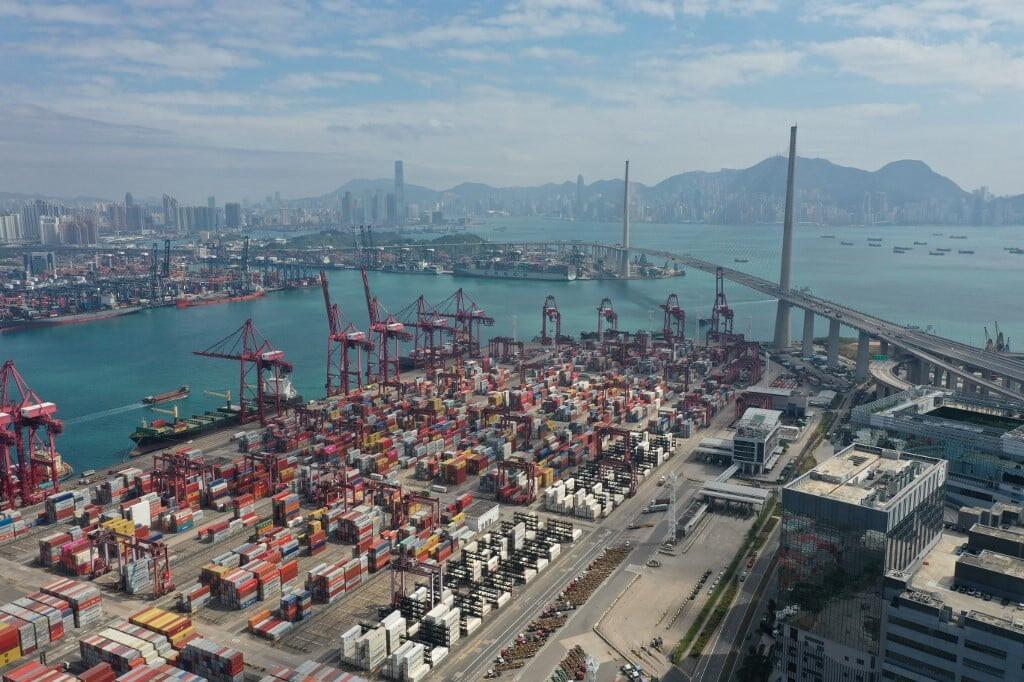The Hong Kong Census and Statistics Department just released the latest GDP estimates on Oct. 31, saying that the GDP in the third quarter fell by 4.5 percent in real terms from a year earlier, while the decline in the second quarter was 1.3 percent. The decline in GDP was mainly attributable to the weak performance of external demand during the quarter.
A government spokesperson said that the Hong Kong economy contracted at a faster rate year-on-year in the third quarter of this year. The deterioration in the external environment and the continued obstruction of cross-border land and freight traffic had dealt a severe blow to Hong Kong’s exports. Financial conditions were tightened by sharp interest rate hikes by major central banks and weighed heavily on local demand, although private consumption was supported by improving labour market conditions and the issue of consumer vouchers in August.




